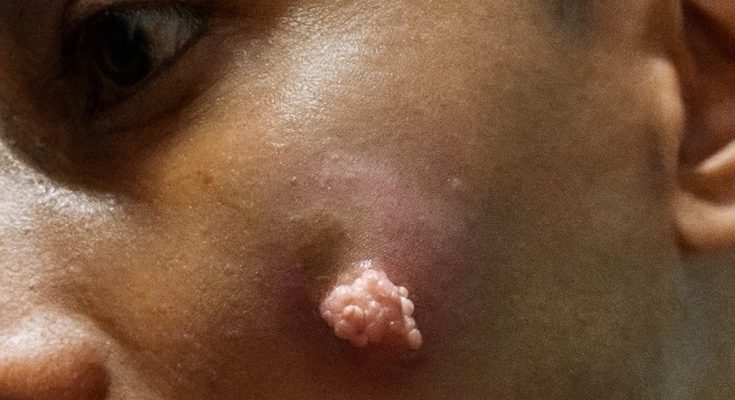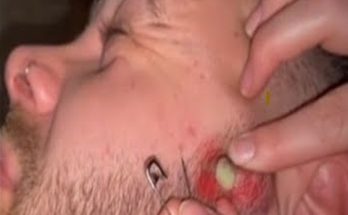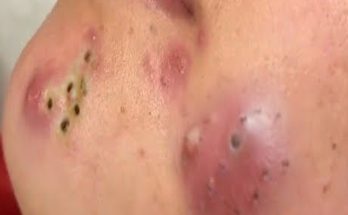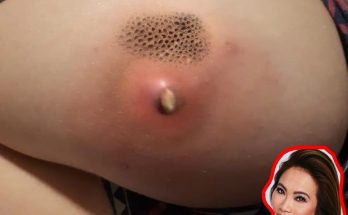Acne: Meaning, Explanation, and Significance : Acne is a common skin condition that occurs when hair follicles become blocked with oil, dead skin cells, and sometimes bacteria. The word “acne” is derived from the Greek word “akmē”, which means “point” or “peak.” In medical terms, acne is known as acne vulgaris, which translates to “common acne.”At its core, acne means a disorder of the skin’s oil glands and hair follicles. It typically appears on parts of the body with the most oil glands, such as the face, chest, back, and shoulders. Though acne is most common during puberty due to hormonal changes, it can affect people of all ages.At its core, **acne means a disorder of the skin’s oil glands and hair follicles**. It typically appears on parts of the body with the most oil glands, such as the face, chest, back, and shoulders. Though acne is most common during pubertydue to hormonal changes, it can affect people of all ages.
In some cultures, acne is misunderstood or even stigmatized. People may falsely believe that acne is caused by poor hygiene, eating too much junk food, or other lifestyle choices. While diet and skin care can influence acne to some extent, the root causes are often **hormonal and genetic**, which are largely beyond a person’s control.These misconceptions can cause unnecessary guilt or shame for individuals with acne. It’s important to understand that **acne is a medical condition**, not a sign of uncleanliness or personal failure.
In summary, **acne means more than just pimples**. It is a common and sometimes complex skin condition with physical, emotional, and social dimensions. Understanding acne as a medical issue helps reduce stigma and promotes better treatment and support for those who live with it.Acne should be viewed with compassion and treated with proper care. It affects the surface of the skin—but it also touches deeper layers of self-confidence and emotional health. Recognizing the full meaning of acne allows for a more human, respectful, and effective approach to dealing with it. Acne is a skin condition that occurs when your hair follicles become plugged with oil and dead skin cells. It causes whiteheads, blackheads or pimplesThe key to treating breakouts on-the-go is to focus on prevention, gentle care, and quick yet safe solutions that won’t cause further irritation. Here’s how to do it effectively and confidently. Start with Clean Hands and a Clean Surface The first rule of dealing with a breakout, especially when you’re out and about, is to keep your hands clean. Touching your face can transfer dirt, oil, and bacteria, which may make the breakout worse. Before applying any product, wash your hands thoroughly with soap and water if possible, or use a hand sanitizer. Clean skin starts with clean hands, and this small step can make a big difference. If you need to apply any treatment, do so in a clean environment when possible.
Avoid Picking or Squeezing One of the hardest things to resist when you see a blemish is the urge to touch or squeeze it. While it might feel like a quick fix, this habit can actually lead to more redness, swelling, or even small marks that take longer to heal. When you’re on-the-go, it’s best to avoid any action that could aggravate the skin or introduce new bacteria. Patience, combined with the right topical treatment, usually brings better results. Keep Makeup Light and Breathable If you prefer to cover up a breakout, choose non-comedogenic makeup, which means it won’t clog pores. A tinted moisturizer, lightweight foundation, or concealer that allows your skin to breathe can help you feel more confident without worsening the breakout. Always apply makeup with clean brushes or sponges and avoid layering too many products, especially in hot or humid conditions



